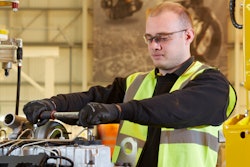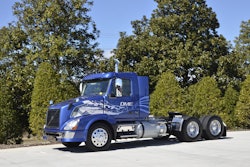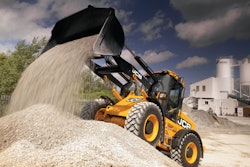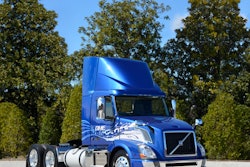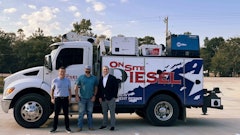Scuderi Group Inc., developers of the SCUDERI Split-Cycle Engine technology, announces it has signed a memorandum of understanding (MOU) with a worldwide engine manufacturer concerning its intended cooperation in a joint development project. Details of this agreement are confidential. This signing reflects the growing interest in the industry around split-cycle internal combustion engine technology and the emergence of the Scuderi Engine as a compelling alternative to the conventional internal combustion engine
The combination of Miller over-expansion, high compression ratios and wide open throttle operation gives the Scuderi Split Cycle Engine the ability to provide gasoline engines with diesel-like efficiencies.
The Scuderi Engine’s Split Cycle design separates the compression stroke from the combustion/power stroke and connects them with a high-pressure crossover passage. Miller over expansion, high compression ratios and operating at wide-open throttle are proven methods of improving engine efficiency. These features can be difficult to accomplish or have limited use in today’s conventional gasoline engines. However, with the Scuderi Split Cycle design, these methods are either easier to implement or can be more effectively utilized.
In addition, many advanced features are currently being developed for the Split Cycle engine, including compressed air energy storage capability that can be used as an air hybrid for mobile applications and energy storage for electric power generation. Other advanced features include waste heat recovery through the crossover passage and low temperature combustion techniques. Simulations done by an independent research laboratory based upon a Scuderi Split Cycle gasoline engine using direct injection with waste heat recovery showed a brake specific fuel consumption (BSFC) rate of 187 g/kwh and a peak brake mean effective pressure (BMEP) of almost 30 bar. Engine simulation done with the air-hybrid feature being used over various drive cycles showed reduced fuel consumption of 9 to 15%. Conventional engines today typically can only reach BSFC levels of 225 to 245 g/kwh with BMEP levels of around 22 bar.




